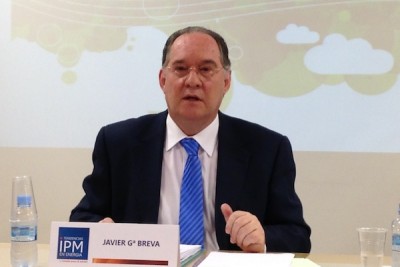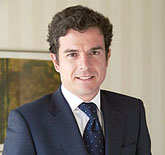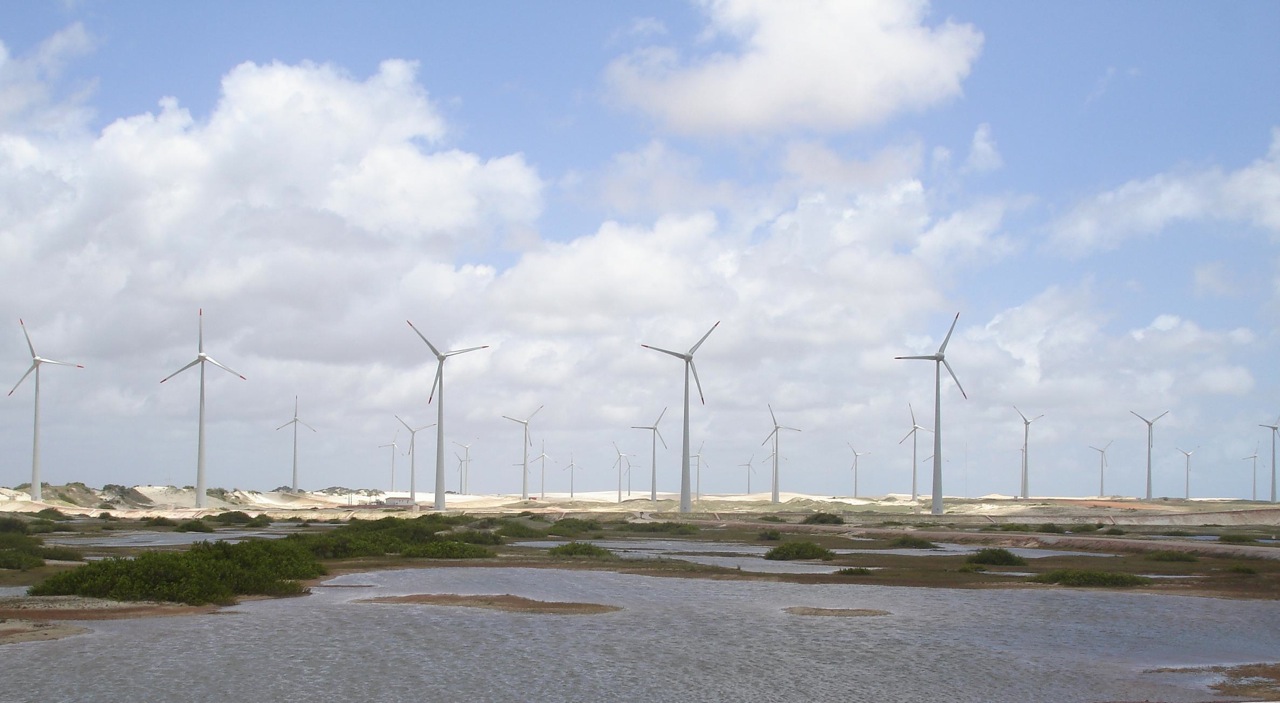The Paris agreement to curb climate change cannot surprise the Europeans. It’s the kind of agreements adopted by the European Council since the last expansion 10 years ago. In fact it is a global binding target but with no obligations or sanctions to governments. That is also the nature of the COP21 agreement to limit the rise in global temperatures within 85 years.
It is accepted that the planet cannot withstand temperatures increases above 1.5 degrees in 2100, but freedom is left to each government to establish their plans for emissions reduction that shall be reviewed every five years as from 2020. The contradictions between rich and poor countries and the predominance of national interests suggest that it is the best possible deal, so that it can be presented as a great success by all governments.
Presumably destiny has matched the COP21 meeting with the OPEC summit in which Saudi Arabia has imposed its policy of cheap and abundant oil. In one week the barrel has fallen from 42 to 36 US dollars and is expected to drop to $ 25. If the US Federal Reserve decides on an interest rate hike we enter an uncharted territory due to: increased energy uncertainty as the dependence on a small number of producing countries increases, the volatility of oil prices and an increasing global unrest.
Taking seriously the Paris agreement is the cheapest proposal to deal with the uncertainty of oil geopolitics and to start the energy transition to definitely step out fossil fuels. Otherwise, as does Spain that takes advantage of falling crude oil to increase imports and fuel consumption, it means to play a new economic downturn.
The emission reduction plans submitted by governments in the Paris Summit are still insufficient and ensure global warming above 3 degrees and exceeding 5 if policies are not changed. Certainly until 2020, national plans will not be reviewed. This decision on redeeming the next five years in the fight against climate giving for granted some results brings only but perplexity. The euphoria of the agreement does not explain its weakness.
US and China
The big difference with previous summits is the new attitude that the US and China have staged. For the first time, the two main world economies join a climate agreement and from speeches by their presidents one may infer that a struggle for global leadership in renewable energy has opened up. Both countries will multiply investment and targets in renewables. 25% or 30% renewable share in the first two world powers for the next decade is an unprecedented fact that can be a game changer.
– USA is leading the advance of self-consumption with net balance and storage in homes and buildings this year. More than 600,000 households already have photovoltaic self-consumption systems and the number will double in 2016. Even Republicans defend self-consumption as what best identifies with the American way of life against State and multinationals interventionism. Photovoltaics on rooftops also fit with conservative principles. Distributed generation ensures the expansion of renewables in the US.
– The case of China is different and it is air pollution in their cities that is forcing its leaders to change the energy model and multiply renewable investment to replace coal, while its renewable industry strengthens and expands throughout the world. Thus the room for reduction of renewable prices increases for the coming years.
– The European Union adopted in 2014 its climate and energy strategy for 2030 with binding targets for the entire union but leaving freedom for each country to choose its energy mix. The EU energy policy is the sum of 28 different policies. To the weakness of the European position is now added the distrust in controlling its emissions as a result of the Volkswagen fraud, which was joined by Mercedes´in the midst of the summit, with the aggravating circumstance that Brussels has denounced the collusion between the German authorities and its industry. Who controls the software of the multinational polluting companies?
– Spain has attended the climate summit discredited by its anti-renewables policy. Leading the international demands and claims for its retroactive measures and the rise in energy prices. No authority has explained why while oil prices are falling, the prices in the wholesale market have risen to maximum or the reason of the fine imposed by CNMC to Iberdrola for manipulating these prices in 2013. In this case, the information has been crushed by the utility advertising campaign. None of these facts has been even given the slightest attention in the election campaign of 20-D.
Conclusions
1. The political will to combat climate change is insufficient to prevent global warming.
2. Downward oil price is a risk. It will be cheaper to use the savings resulting from falling crude prices in beginning the energy transition to step out of fossil fuels than to increase energy dependence.
3. National policies and objectives will remain a priority so that it will be necessary to build leadership in each country with new targets for renewables and energy efficiency if we are to prevent future crises.
4. US and China are the main guarantors of the Paris agreement. Their struggle for leadership in renewable energy can be a game changer.
Javier García Breva.
Expert on Energy Policies President of N2E
Carlos Sánchez Criado
Publicista por la Universidad Complutense. Director comercial de publicaciones técnicas del sector de la energía durante doce años. Director de Energy News Events, S.L. desde 2012 difundiendo información en Energynews.es, movilidadelectrica.com e hidrogeno-verde.es. Y por supuesto, organizando eventos como VEM, la Feria del Vehículo Eléctrico de Madrid.



























